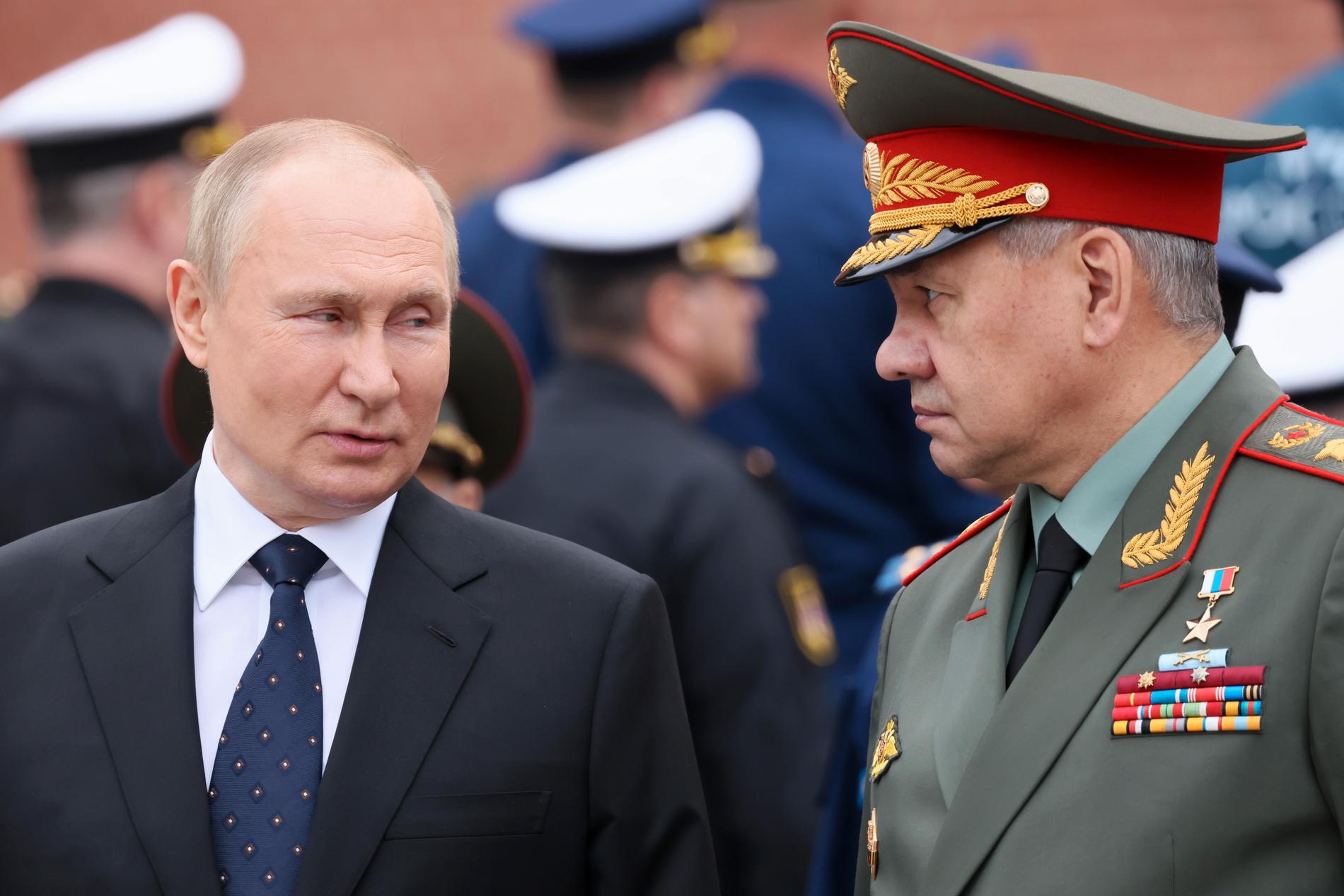
Many who do not realize the extent of what we are facing
Wolfgang Hansson
Published: Very recently
This is a commenting text. Analysis and positions are the writer's.
COLUMNISTS
The idea was that the West, with sanctions, would break Putin's ability to wage war against Ukraine.
It has not been successful.
Now it turns out that Putin has a more powerful weapon than the West.
The sanctions have not forced Russia to its knees. But the Russian gas weapon threatens the stability of Europe.
Government after government is forced to introduce gigantic support packages so that citizens and businesses can pay their electricity bills. Draconian austerity measures await this winter. Perhaps even rationing if the voluntary saving of energy is not enough.
Europe's industries, especially those that are electricity or energy intensive, are threatened with bankruptcy. Hundreds of thousands of people could become unemployed At the same time as interest rates and food prices rise.
The result will be a recession, perhaps a recession.
For those who have always thought that the war in Ukraine is not something that really concerns us, it must now be obvious that the Russian aggression is not only a threat to the prevailing security political order, but also to the prosperity of the West.
I think many people don't understand the extent of what Europe, including Sweden, is facing. It's not about single sacrifices by lowering the indoor temperature a few degrees. Depending on how bad they get, we are talking about a lowering of the standard of living that we have not experienced in modern times.
Want to avoid the sanctions
Some portray the supposed suffering of Europeans as a sacrifice for Ukraine, but I think that is based on a misconception. Ukraine depends on a strong West that can continue to send advanced weapons and financial support.
An economically crippled Europe plays into Putin's hands and threatens the persistence of Western support.
Putin started using the gas weapon already last summer when supplies to Europe decreased and prices soared.
Even this summer, Russia has turned off and on the gas at irregular intervals in an attempt to get the West to back off on sanctions and its support for Ukraine.
But it is only now that Russia has completely cut off the gas indefinitely. Putin is no longer hypocritical of the cause. The gas will not be turned on until the West lifts its sanctions against Russia, the Kremlin threatens.
The goal is to divide the countries of Europe. Those dependent on Russian gas are the ones Putin hopes will begin to waver in his support for Ukraine and perhaps pressure the rest of the EU to ease sanctions against Russia in exchange for the gas being turned on.
Putin also hopes that these countries will begin to pressure Ukraine to make concessions in the form of ceding some territory to Russia.

"Government after government is forced to introduce gigantic support packages so that citizens and businesses can pay their electricity bills." Photo: Mikhail Metzel/AP
Extortion
At the moment, it does not look like Germany, France, Great Britain or other countries will waver in their support for Ukraine. But it all depends on how tough the winter will be. How much people will be forced to freeze. How many become unemployed or are forced to move from their homes because they cannot pay the electricity bills.
In the best case, the government subsidies are enough to save companies and citizens from ruin, but as a society we are getting poorer regardless.
If they become major domestic discontent in the countries worst affected by the gas stop, the politicians there will be pressured to act.
Even if Putin does not succeed in his blackmail this year, it may pay off next winter. As it stands now, it is at best only sometime in 2024 or 2025 that Europe will have produced replacement energy for the Russian gas.
We have not yet seen any corresponding system-threatening consequences of Western sanctions against Russia. This may be due to the Kremlin obscuring the economic statistics, but it may also be that Russia is more resistant to the sanctions than the West thought. Russia has been living with sanctions since 2014, preparing society for tougher ones from the West.
Hopeful interpretation
The fact that only some of the world's countries have imposed sanctions against Russia makes them less effective. Russia can continue to sell its oil and to some extent its gas to others.
The increasingly dictator-like Putin also does not have to take public opinion into account in the same way as in Western democracies.
There is a hopeful interpretation of Putin using the gas weapon. It indicates that Russia is under pressure. The weapon is double-edged as Russia itself loses income that could finance the war.
The question will ultimately be who is more persistent, Russia or the West.

"I think many people don't understand the extent of what Europe, including Sweden, is facing." Photo: Getty Images/iStockphoto
Inga kommentarer:
Skicka en kommentar